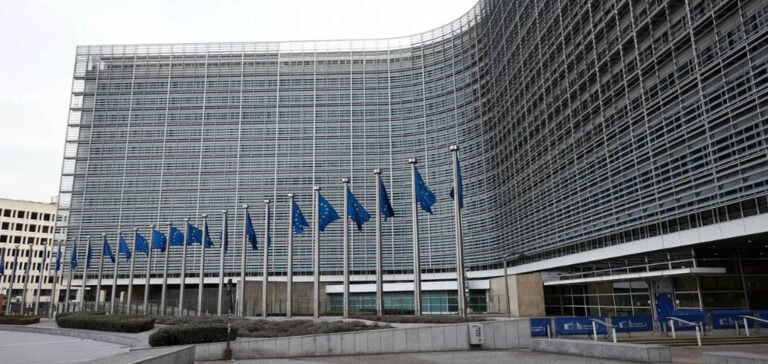The EU at COP28 calls for the elimination of fossil fuels burned without CO2 capture. This decision is part of a global drive to combat greenhouse gas emissions and accelerate the transition to a more climate-friendly economy.
Debate over the term “unabated
The European ministers focused in particular on the inclusion of the term “unabated” in the text, a controversial adjective that has provoked heated debate. Some countries wanted to withdraw this term, fearing that it would be used as an excuse to continue burning fossil fuels.
The stakes at COP28
COP28 promises to be a crucial moment in the fight against “unabated” fossil fuels. However, it is important to stress that this will be extremely difficult, given the multiple parties involved in the negotiation. Nevertheless, it’s an unavoidable deadline.
The Europeans are also calling for “entirely or overwhelmingly decarbonized” electricity production on a global scale from the 2030s. They pledged to triple renewable energy capacity by 2030 and double energy efficiency, in line with the COP28 President’s roadmap.
Financing for poor countries
Lastly, the EU (European Union) is calling for a strengthening of the financing arrangements for the loss and damage fund designed to help poor countries. COP28 will seek to reach agreement on its operation, and the Europeans are calling for all sources of funding to be mobilized, including international taxes on kerosene, shipping and revenues from the carbon market.
Final Analysis
Having examined the European Union’s position at COP28, it is clear that the elimination of fossil fuels burned without CO2 capture is a major priority for the EU. This decision is crucial for the future of our planet, as fossil fuels are a major source of greenhouse gas emissions. The transition to a climate-neutral economy requires bold measures, and the EU is playing a leading role in this endeavor.
However, the road to eliminating unabated fossil fuels will be fraught with difficulties. Negotiations at COP28 will involve many parties, each with its own interests and concerns. Despite the challenges, we have no choice but to pursue this essential objective for the preservation of our planet.
Ultimately, the EU’s decision at COP28 demonstrates its commitment to being a driving force for change in the fight against climate change. This position also reinforces the importance of the transition to low-carbon electricity production and the development of renewable energies.
The EU also calls for a strengthening of financing mechanisms to help poor countries cope with the losses and damage associated with climate change. Mobilizing financial resources is essential if we are to meet global climate challenges.






















